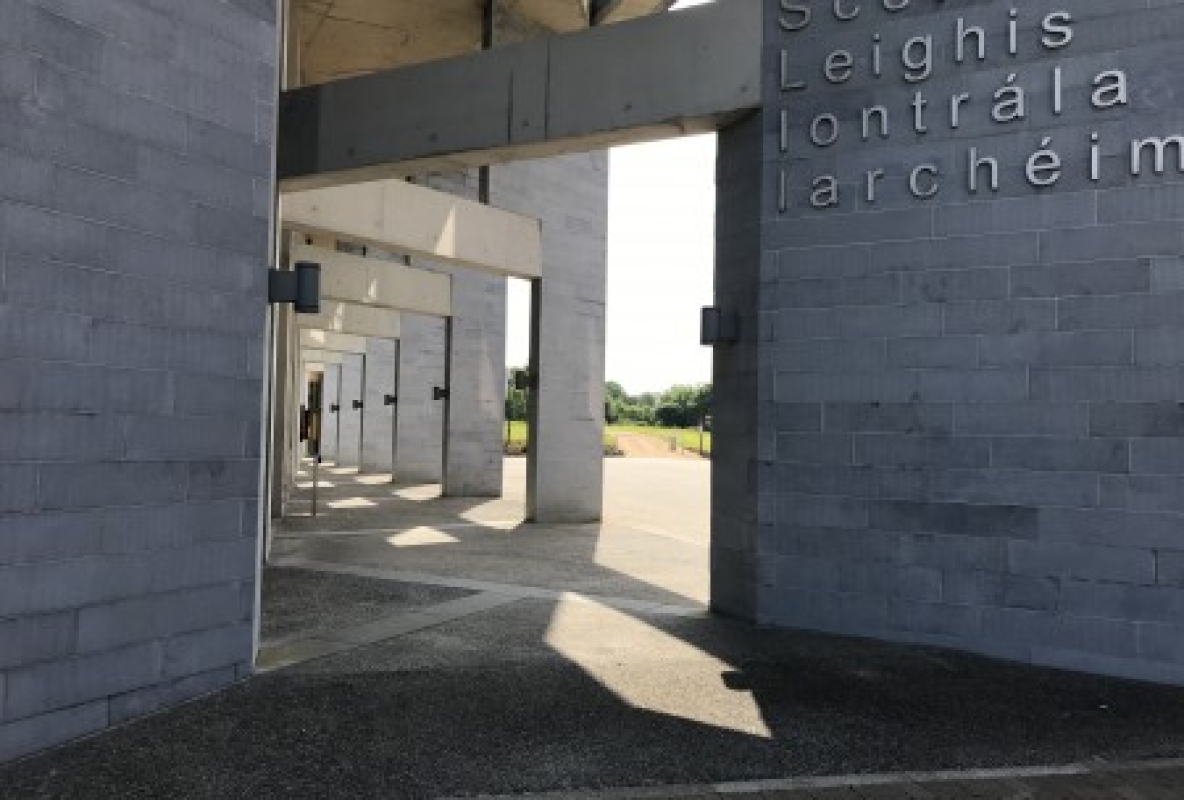
University of Limerick is to play a central role in supporting the development of public and patient involvement in health research in Ireland.
The Health Research Board (HRB) has announced €5m funding for Public and Patient Involvement (PPI), which helps maximise the impact of health research by including the voices of those most affected at all levels of research decision making.
The HRB funding will support research institutions in developing a network to advance the involvement of the public, patients and carers in health and social care research, from generation of ideas to delivery of results.
The initiative, in collaboration with the Irish Research Council (IRC), will see the development of a national network of PPI centres across seven higher education institutions and 10 national partners on an all-island basis.
University of Limerick is already a national and international leader in PPI, which turns research ‘on’, ‘about’ or ‘for’ patients, into research ‘with’ or ‘by’ patients. The PPI Research Unit in the School of Medicine has spearheaded UL’s work in PPI scholarship and capacity building.
In 2017, UL was one of five recipients of the inaugural PPI Ignite Award from the HRB IRC, under the leadership of Professor Anne MacFarlane, Chair in Primary Health Care Research. The latest announcement from the HRB signals the transition from PPI Ignite to a new National PPI Ignite Network, which aims to continue the momentum, while expanding policy and systems change at a national level.
The Network will be funded by the HRB (€2.3m), the Irish Research Council (€1m) with co-funding from the seven Lead Sites (€1.7m) leading to a total budget of €5 million over five years.
UL’s participation in the PPI Ignite Network will be led by Dr Jon Salsberg, Senior Lecturer in Primary Health Care Research (Public and Patient Involvement) in the School of Medicine. UL will lead nationally on developing academic training and education in PPI.
Welcoming the announcement, Professor Norelee Kennedy, Vice President Research at UL, said: “UL is delighted to be part of this successful National PPI Ignite Network and to work with our national colleagues to continue supporting and building further capacity for PPI in Ireland’s health research.
“Our involvement in PPI at UL, led by Professor Anne MacFarlane, Dr Jon Salsberg and their team has been to the fore of meaningful public and patient involvement in research to improve people’s health,” she added.
Mairead O’Driscoll, CEO of the HRB, said of the announcement: “Involving people in the work we do and the work we fund leads to improved research, improved outcomes and improved lives. People’s insights and life experience can inform the work in ways researchers operating in isolation can’t.
“This new PPI Ignite Network is the next step in the HRB’s national leadership of involving people in research. Working with the Irish Research Council and all the partner institutions, we are helping to ensure that people and patients are involved at every stage of Irish health and social care research, right from the start, before pen is even put to paper for a research proposal.”
UL has fostered close partnerships with local and national community and health sector stakeholders over many years. These partnerships will continue through the PPI Ignite Network.
Local partners on the project are Limerick City Community Development Project, Care Alliance Ireland, UL Health Sciences Academy, UL UNESCO Knowledge For Change, as well as academic partners from universities in the US and UK.
According to Dr Avril Kennan, CEO of Health Research Charities Ireland: “The UL PPI Ignite team have been leading voices in PPI in Ireland over the last few years and made great progress in PPI education and support.”
A spokesperson for Care Alliance Ireland also said it was “looking forward to continue working with UL and other not-for-profit organisations in the area of PPI. Ensuring that patients and their carers are fully involved in any research that affects them is crucial to the success of any applied project that holds them at the core of that research.”